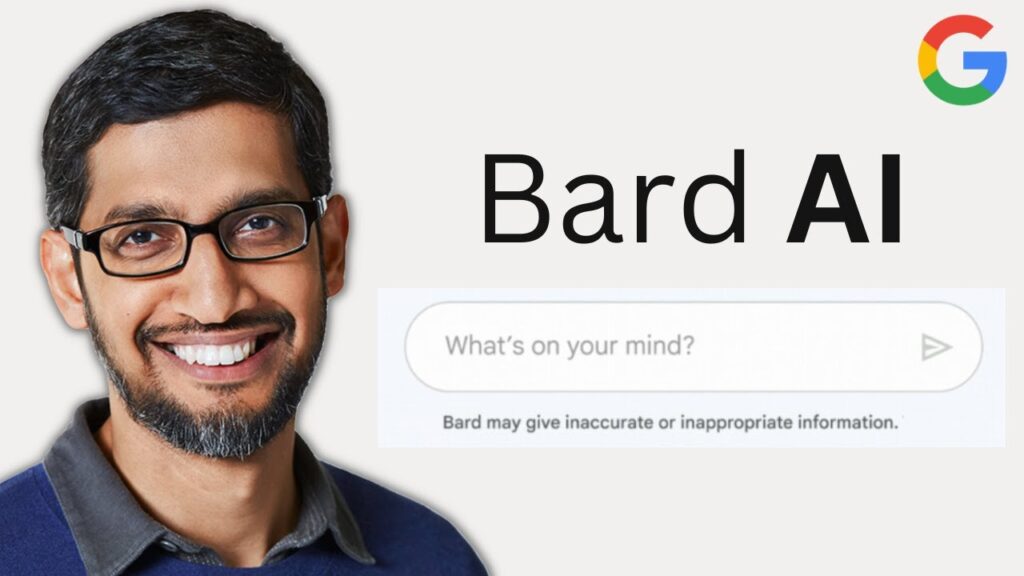Google Unveils Revolutionary AI System Bard
Google has recently announced the release of its new artificial intelligence (A.I.) chatbot, Bard, in response to ChatGPT, the popular language model by OpenAI. Bard uses LaMDA, Google’s language model built on the Transformer neural network architecture, to provide fresh, high-quality responses to a variety of queries in a conversational manner.
Currently, Bard is only accessible to select users, but Google plans to receive feedback and make it more widely available in the near future. The company is also using this feedback to ensure that Bard’s responses are of high quality, safe, and grounded in real-world information. Google is also working to improve its search capabilities with AI features. Despite some initial concerns over LaMDA’s potential for offering racist and sexist responses, Google is confident in the development of its AI technology and the responsible use of generative AI.
The company is also aware of the importance of feedback and constant improvement, as seen with ChatGPT’s ongoing upgrades. CEO Sundar Pichai has expressed confidence in Google’s investments in AI and the company’s commitment to developing AI responsibly. In addition to Bard, Google is also focusing on improving its AI-powered search features to provide users with better, easy-to-digest information from the web. These efforts align with Google’s AI Principles, which were first published in 2018 and emphasize the responsible development and use of AI technology.
Google’s Bard and OpenAI’s ChatGPT are both examples of AI-powered language models that aim to provide natural, human-like responses to user queries. Both systems draw on information from the web to generate their answers, but they use different language models at their core. Bard uses LaMDA, while ChatGPT uses GPT-3. Both language models are based on the Transformer neural network architecture, which was invented and open-sourced by Google Research in 2017.
It is important to note that both systems have their strengths and weaknesses, and they are not perfect. They may offer incorrect or biased responses, and they are still in the process of improvement. However, Google and OpenAI are committed to ensuring that their language models meet high standards for quality, safety, and accuracy. This is why Google is releasing Bard to select users for feedback and why OpenAI is constantly rolling out upgrades for ChatGPT.
In conclusion, the release of Google’s Bard and the ongoing development of ChatGPT demonstrate the growing importance and potential of AI-powered language models. They provide users with new and innovative ways to access information and communicate with technology, but they also raise important ethical questions and concerns about the responsible use of AI. Both companies and the wider AI community must continue to work towards developing AI in a responsible and ethical manner.


